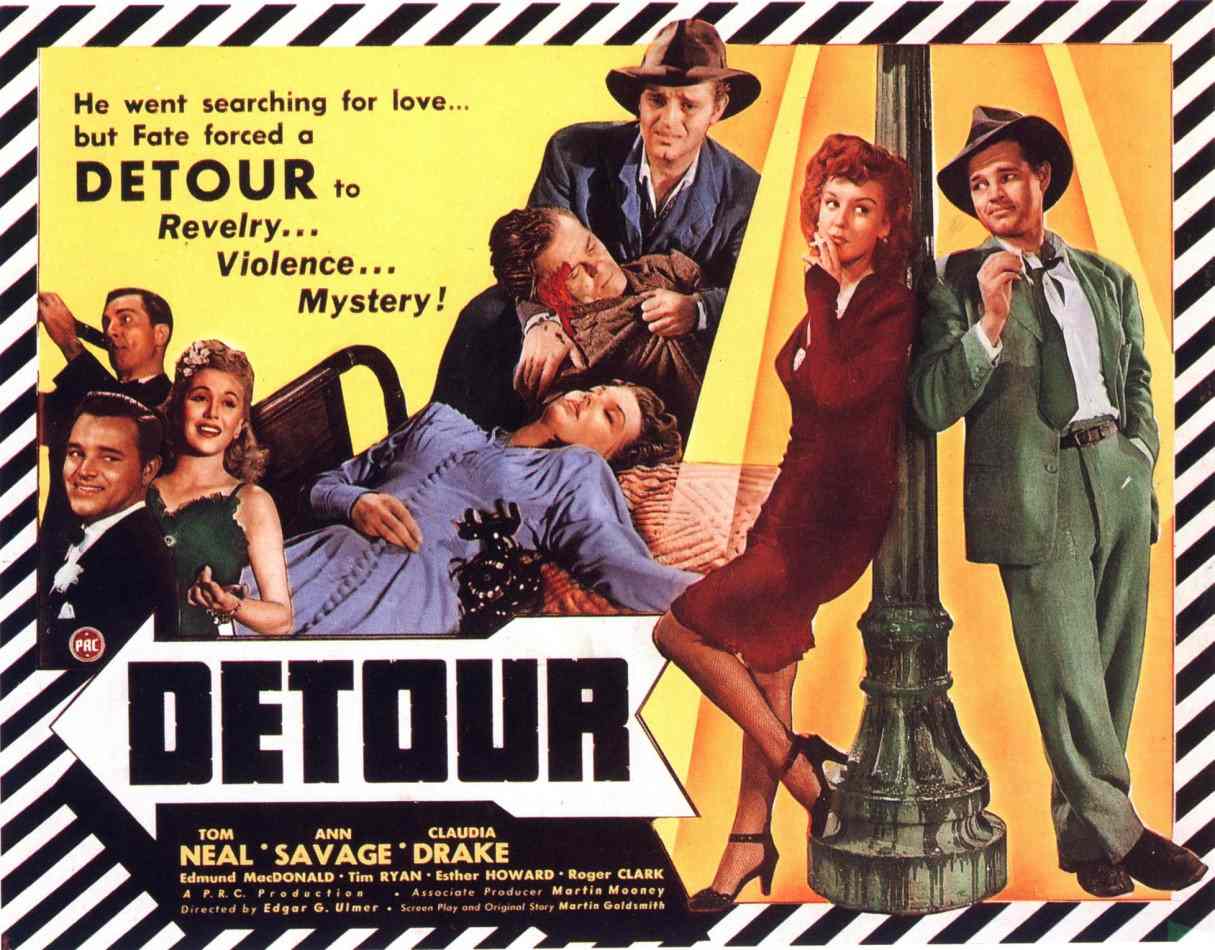What is Film Noir? Ask that question to the Film Noir Foundation and this is what they’ll tell you:
Film noir is one of Hollywood’s only organic artistic movements. Beginning in the early 1940s, numerous screenplays inspired by hardboiled American crime fiction were brought to the screen, primarily by European émigré directors who shared a certain storytelling sensibility: highly stylized, overtly theatrical, with imagery often drawn from an earlier era of German “expressionist” cinema. Fritz Lang, Robert Siodmak, Billy Wilder, and Otto Preminger, among others, were among this Hollywood vanguard.
During and immediately following World War II, movie audiences responded to this fresh, vivid, adult-oriented type of film — as did many writers, directors, cameramen and actors eager to bring a more mature world-view to Hollywood product. Largely fueled by the financial and artistic success of Billy Wilder’s adaptation of James M. Cain’s novella Double Indemnity(1944), the studios began cranking out crime thrillers and murder dramas with a particularly dark and venomous view of existence.
In 1946 a Paris retrospective of American films embargoed during the war clearly revealed this trend toward visibly darker, more cynical crime melodramas. It was noted by several Gallic critics who christened this new type of Hollywood product “film noir,” or black film, in literal translation.
Few, if any of the artists in Hollywood who made these films called them “noir” at the time. But the vivid co-mingling of lost innocence, doomed romanticism, hard-edged cynicism, desperate desire, and shadowy sexuality that was unleashed in those immediate post-war years proved hugely influential, both among industry peers in the original era, and to future generation of storytellers, both literary and cinematic.
If you want to get another angle on the question, you can always take into consideration Roger Ebert’s 10 Essential Characteristics of Noir Films. But our suggestion, especially on a long Sunday afternoon, is to spend some time watching the classic movies gathered in our collection of 50 Free Noir Films. The collection features public domain films by John Huston, Fritz Lang, Orson Welles and other celebrated directors. Here’s a quick sample of what’s in the archive:
- Beat the Devil – Free – Directed by John Huston and starring Humphrey Bogart, the film is something of a comic and dramatic spoof of the film noir tradition. (1953)
- D.O.A. — Free — Rudolph Maté’s classic noir film. Called “one of the most accomplished, innovative, and downright twisted entrants to the film noir genre.” (1950)
Five Minutes to Live — Free — Memorable bank heist movie stars Johnny Cash, Vic Tayback, Ron Howard, and country music great, Merle Travis. (1961) - Quicksand - Free — Peter Lorre and Mickey Rooney star in a story about a garage mechanic’s descent into crime. (1950)
- Scarlet Street — Free — Directed by Fritz Lang with Edward G. Robinson. A film noir great. (1945)
- The Hitch-Hiker - Free — The first noir film made by a woman noir director, Ida Lupino. (1953)
- The Stranger - Free — Directed by Orson Welles with Edward G. Robinson. One of Welles’s major commercial successes. (1946)
We recently added another 15 films to the collection of free noir films. So even if you’ve perused the list in the past, there’s now something new to enjoy.
Related Content:
25 Noir Films That Will Stand the Test of Time: A List by “Noirchaelogist” Eddie Muller
100 Greatest Posters of Film Noir
4,000+ Free Movies Online: Great Classics, Indies, Noir, Westerns, Documentaries & More



An introduction.
Is this film in the public domain?